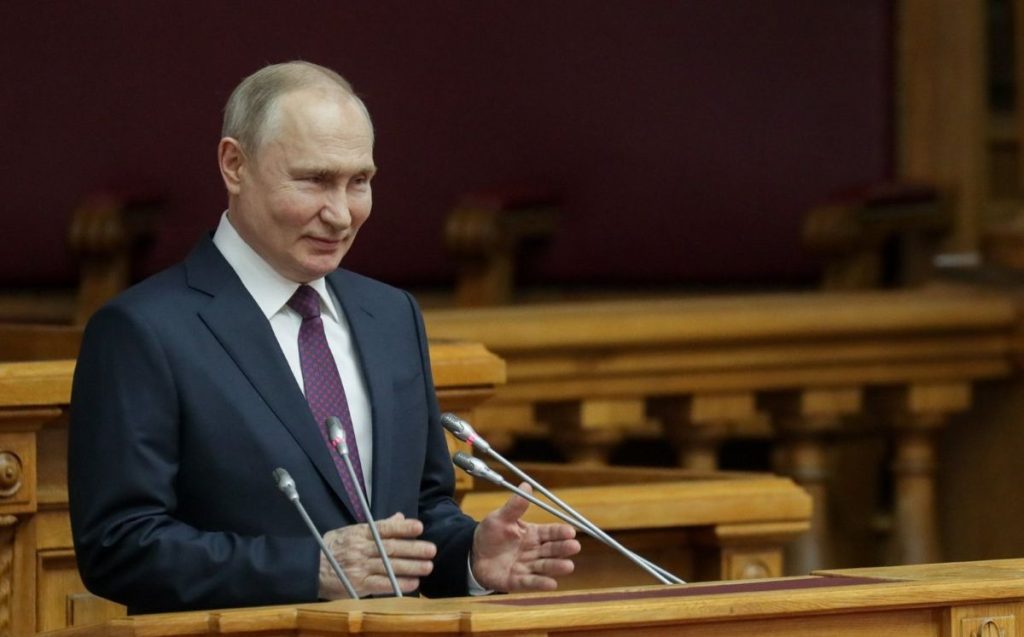While Israel and Iran trade fire, Moscow seizes the moment to recast itself as a power broker—despite losing leverage in Tehran.
Others are reading now
As tensions erupt across the Middle East, Russia finds itself in a familiar but strategic position: watching from the sidelines as conflict sidelines global focus from its war in Ukraine, while reaping both economic and geopolitical gains.
Russia is quietly leveraging the Iran-Israel conflict to reassert its global relevance, reaping oil revenue and seizing the diplomatic spotlight, even as key regional alliances weaken.
Chaos Creates Openings for Moscow
Since Israel launched a sweeping military campaign against Iranian nuclear sites, the Kremlin has issued predictable warnings about global security threats.
Yet, as reported by HotNews, Moscow’s state-aligned press was quick to highlight upsides: rising oil prices boosting national coffers, and global attention shifting away from Russia’s invasion of Ukraine.
Also read
The moment also positions President Vladimir Putin as a would-be mediator in a region where his influence, while diminished, still exists.
While the collapse of Iran’s regime would mark the loss of another ally, following Assad’s weakening grip in Syria, Russia stands to gain in stature by offering itself as a diplomatic broker.
Iran, Oil, and Strategic Opportunism
Russia’s relationship with Iran, rooted in mutual disdain for the West, has delivered critical military dividends.
Tehran’s Shahed drones have bolstered Russia’s aerial attacks on Ukraine. However, those supply lines now appear vulnerable as Ukrainian strikes reach deep into Russian territory.
Despite these cracks, the war’s ripple effect plays in Moscow’s favor. Oil prices have surged amid regional instability, and Russia, one of the world’s largest energy exporters, is cashing in.
From Pariah to Power Broker?
Amid years of diplomatic isolation, the Kremlin sees an opportunity to re-enter global negotiations.
With ties to Israel, Iran, and the United States, Putin has floated Russia as a peace mediator; a role that Washington might entertain.
Reportedly, Trump has already signaled openness to such engagement.
Should these talks materialize, the Middle East could offer Russia a new theater for influence—diverting scrutiny from Ukraine while restoring its presence at the global table.
Still, analysts warn the long-term risks are high. Prolonged escalation could expose Russia to economic and reputational backlash, especially if Iran collapses under Israeli pressure.
“Escalation of the conflict presents serious risks and potential costs for Moscow,” wrote Russian political analyst Andrei Kortunov.


